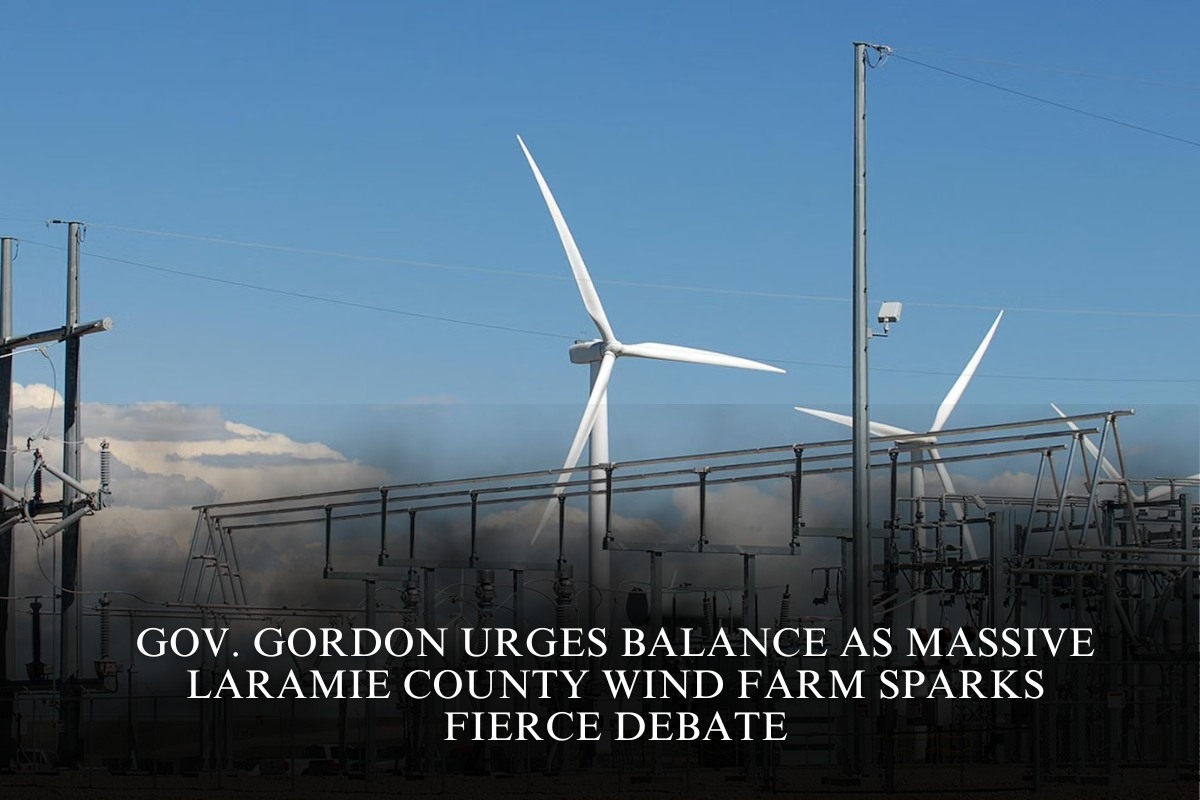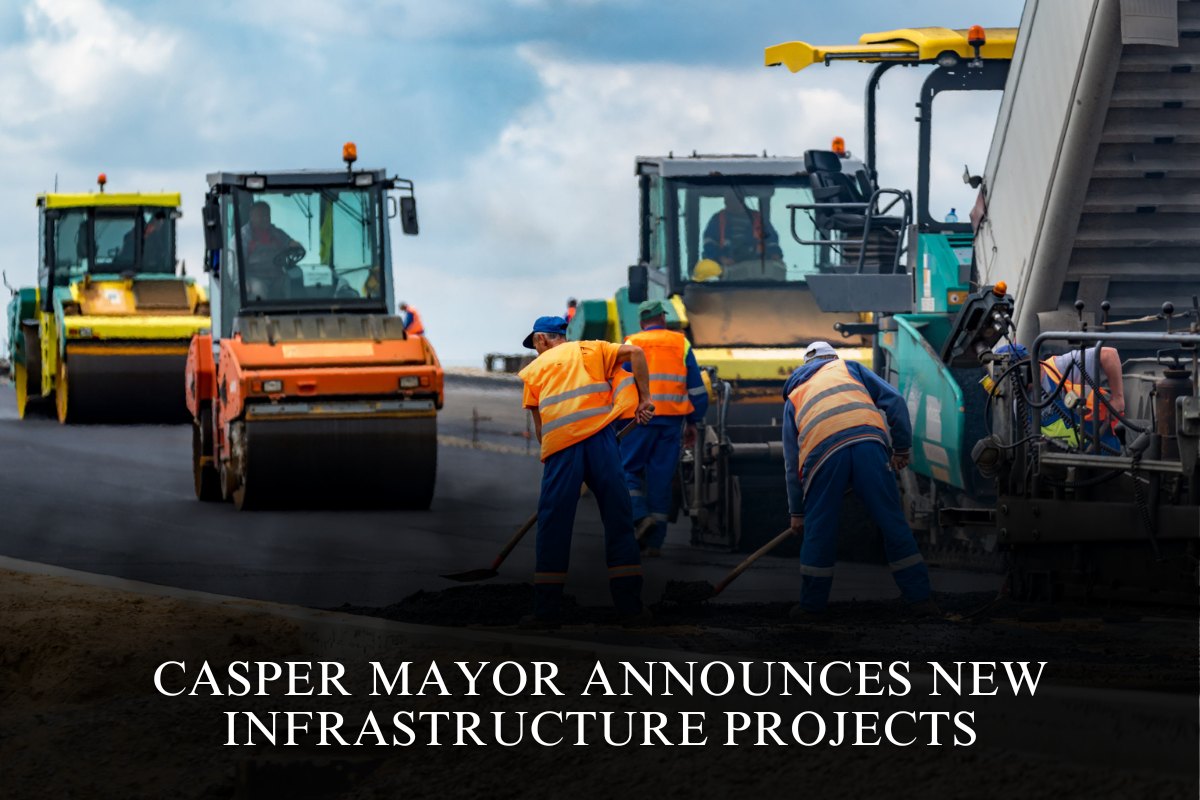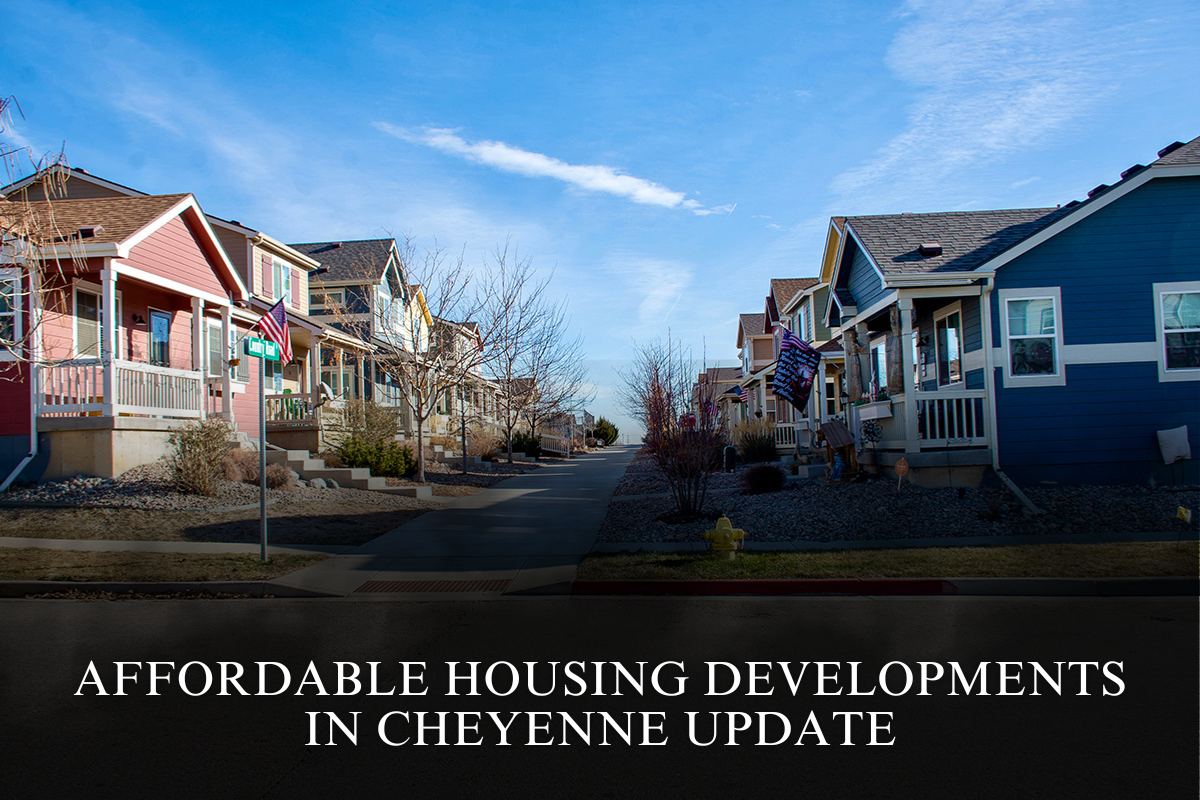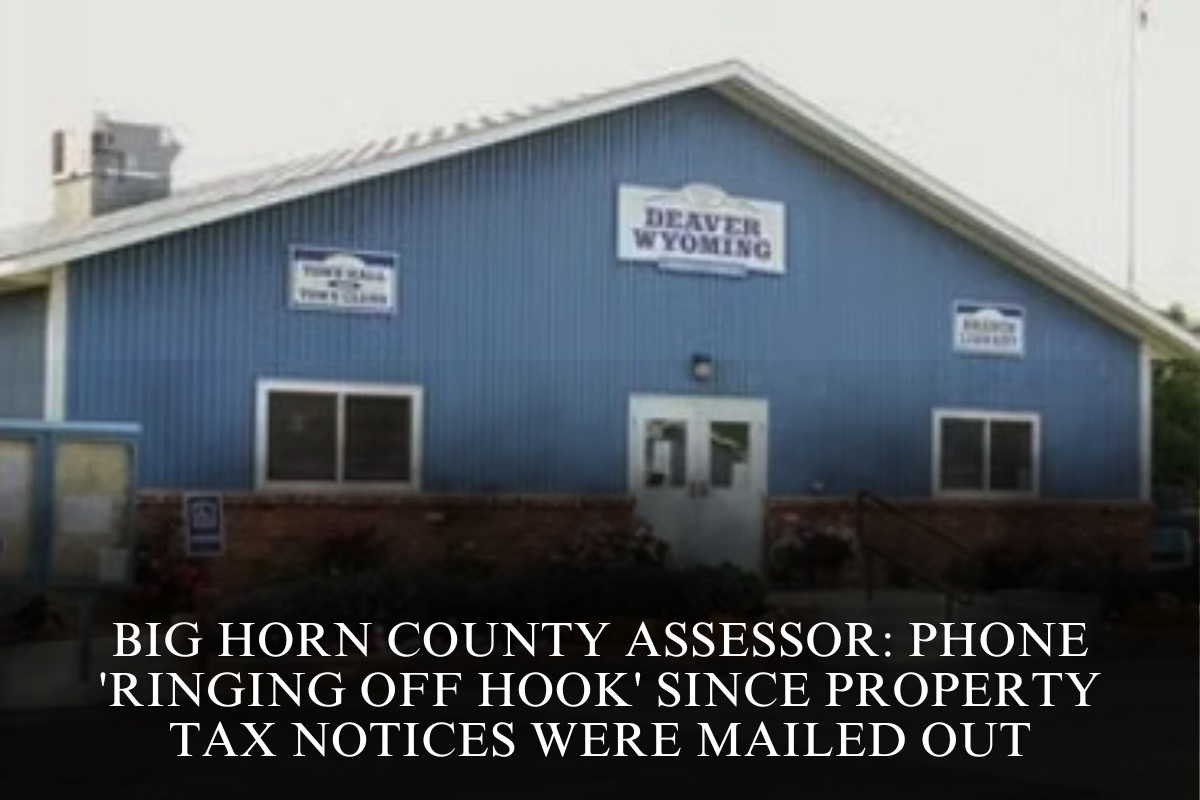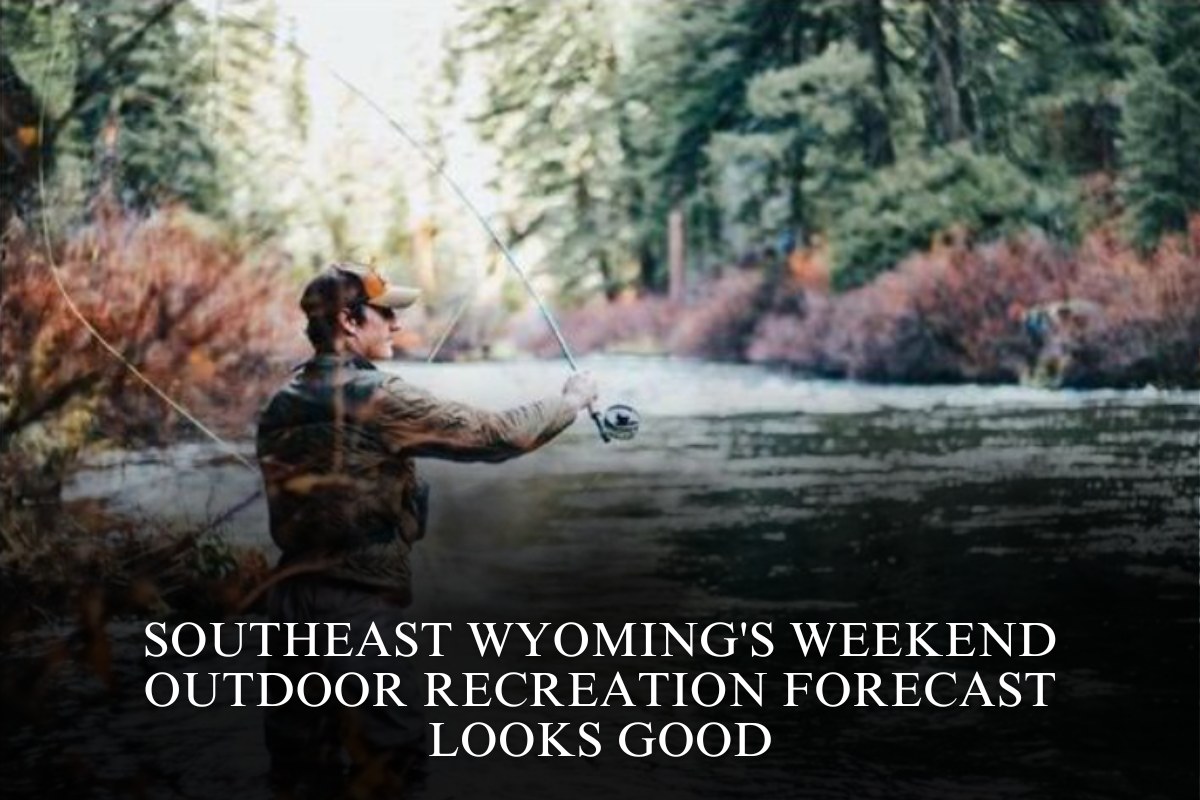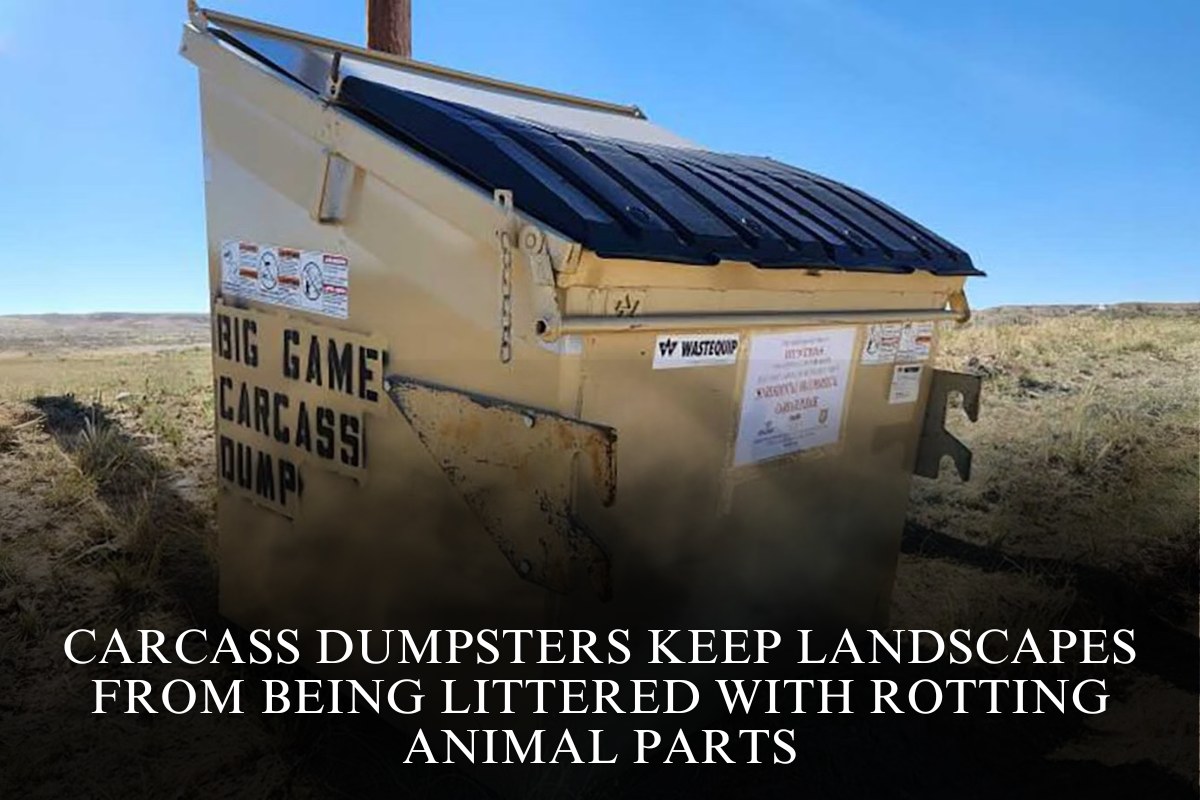From Washington to Wyoming, wind energy projects continue to spark heated debate among elected officials and their constituents.
The Trump administration has been a vocal opponent of wind turbines in Washington, and a wind farm project that was rejected in Laramie County earlier this month is still causing controversy in Wyoming.
Gov. Mark Gordon told Cowboy State Daily on Wednesday that while he continues to support wind energy development in Wyoming, he understands constituent concerns. He described the issue as a tightrope that he and other government leaders are still walking, attempting to balance the state’s energy needs with residents’ desire to keep Wyoming as it is.
“I think there was a bridge crossed some time ago that promoted wind and that there was a rush to try to develop it, perhaps too quickly,” he told me. “For some of us you say, ‘This is a landscape that’s now being changed by these windmills, we’re losing something.'”
In the background of Gordon’s remarks is the Laramie County Commission’s decision last week to reject the Laramie Range Wind Project, a massive wind farm proposal outside of Cheyenne.
That decision has fueled heated discussions among community stakeholders about the project’s potential future.
Repsol Rebuked
Repsol, the Spanish energy giant, is backing the project, which aimed to bring up to 170 wind turbines to the Horse Creek area. Company representatives who attended the commission meeting emphasized their responsible approach to the project and numerous safeguards to prevent mishaps.
The commission, however, rejected the 56,000-acre project after more than four hours of hearings. After that discussion, only Commissioner Troy Thompson supported the project, while Commissioners Heath, Zwontizer, and Hollingshead voted against it.
Gunner Malm, the commission chairman, was absent from the meeting and did not vote.
During the public comment period, members of the community came out in droves to voice their opinions on the project.
While many opposed the project, citing land use rights and environmental concerns, local landowners argued that the development could help to stabilize their ranches.
Despite the project’s initial setback, there is still debate about its future in Laramie County.
Developer Disappointment
Repsol told Cowboy State Daily it was “disappointed” by the commissioners’ decision to reject its project proposal despite meeting and exceeding its numerous regulatory requirements.
“The Laramie Range Wind Project is sited in an area designated as suitable for wind energy development under the Land Use Regulations and is an extensively studied project that represents a significant contribution to Laramie County’s local economy for decades to come,” a spokesperson, Christi Shafer, wrote in an email.
During last week’s commission meeting, Repsol representatives touted several safety improvements to the project, including eagle detection technology and aircraft lighting. The company also relocated several windmills to avoid disrupting mule deer and pronghorn migration patterns.
Shafer stated that Repsol had done more than enough to secure approval and would continue to seek solutions that benefit everyone involved.
“We remain committed to working with all of our stakeholders to understand and address their feedback and will explore our options to continue advancing the project with mutually beneficial solutions,” according to a spokesperson.
True Ranches, one of the groups that spoke out in support of the project, shared Repsol’s disappointment in a statement to Cowboy State Daily. Jackson Stewart, True Ranches’ in-house lawyer, testified at the commission meeting last week, claiming to represent several ranchers who supported the project.
“We are disappointed that the County Commissioners made this decision, but we continue to believe the project adds value to Laramie County,” spokesperson Bill Salvin wrote via text message.
Salvin also encouraged Laramie County to work with Repsol to find a way to move the project forward. Approving the project, he said, would be extremely beneficial to everyone involved.
“We are hopeful the county and Repsol can work through the current issues, and the project can proceed,” the mayor said.
Other landowners in the proposed wind farm area, including Charlie Farthing, who owns Larmie County’s Farthing Ranch, spoke out in support of the project.
“We see this project as a way of diversifying the ranch,” he stated at a planning commission meeting earlier this month. “We see this as a way for additional income in future years.”
“We’ve got a saying in the country: ‘Don’t criticize the farmer because he’s the one that feeds you,'” he repeated.
Malm told Cowboy State Daily on Wednesday that he anticipates “potential future litigation” from Repsol, citing the fact that the company’s proposal was compliant with county regulations when it was rejected by the commission.
“I anticipate they’ll continue with the [Industrial Siting Council] process, but in regard to the county’s process, given past legal precedent I’ll probably not comment too much,” he told me.
Project Pushback
Other local stakeholders, however, remain adamantly opposed to the Laramie Range Wind Project and say they will continue to push back against Repsol’s further efforts.
Anne Brande, executive director of the Albany County Conservancy, told Cowboy State Daily that she remains skeptical of Repsol’s “aggressive” approach to completing the project despite community opposition. She urged county officials to conduct “full transparent reviews” of Repsol’s proposal and reject the company’s urgency.
“This pressure to approve tactic is commonly used and was used last week by Repsol’s attorneys at the Board of Commissioners hearing,” she told me in an email. “Repsol’s legal council asked the Board to go ahead and approve the project waiting until the [Industrial Siting Council] meeting would cause harmful delay.”
Similar future energy developments, Brande argued, will face similar opposition from the community unless developers commit to “engage the public honestly and address long-term impacts.”
Wendy Volk, a Cheyenne realtor, has been a vocal advocate for raising community awareness about the project. She told Cowboy State Daily that she understands Repsol’s disappointment but respects the county commission’s decision.
“After hours of public testimony, the Laramie County Board of Commissioners voted 3-1 against the permit application, affirming the concerns of residents who live and work in the area most affected,” the woman wrote in a text. “Citizens from across northwest Laramie County raised substantive concerns: industrial traffic on rural roads, limited emergency response capacity, the permanent loss of intact wildlife habitat, and the erosion of the cultural and ranching heritage that defines this community.”
Volk added that many conversations with community members revolved around the desire to balance “growth and stewardship.” This, she claimed, did not appear to be central to Repsol’s development plan.
“This project, at this scale and in this location, did not meet that balance,” she pointed out. “This decision confirms that local voices matter—and that stewardship of land, wildlife, and community well-being will remain the standard for development in Laramie County.”
Community Compromise
Gordon said future wind projects need to be evaluated carefully as to what they provide in “value” to communities.
“There should be value that comes to the state,” he said of energy developments.
The governor pointed to mineral energy, such as coal, oil and gas, as examples of developments that are highly valuable to the state. Government leaders, he said, continue to wrestle with balancing constituent concerns and industrial growth.
Private property rights, he said, are a central component to the argument.
“It is that tension about private property rights,” he said. “If my neighbor has oil and gas and he can do that why can’t I do my wind?”
Communities throughout Wyoming, he said, should take care to remember wind developments can prove a critical source of revenue in places where coal and oil are less robust.
“We have places where there’s no revenue coming to that county because they’re not going to be allowed to develop wind,” the governor said. “These are things that we’re going to wrestle with.”
“I think there’s a conversation to be had with ‘which would you rather have, windmills or subdivisions?’” he added.
